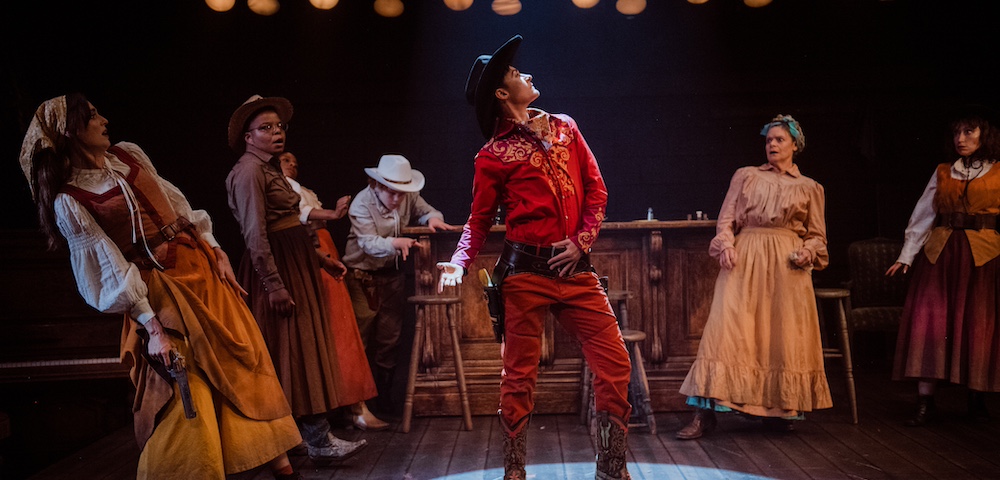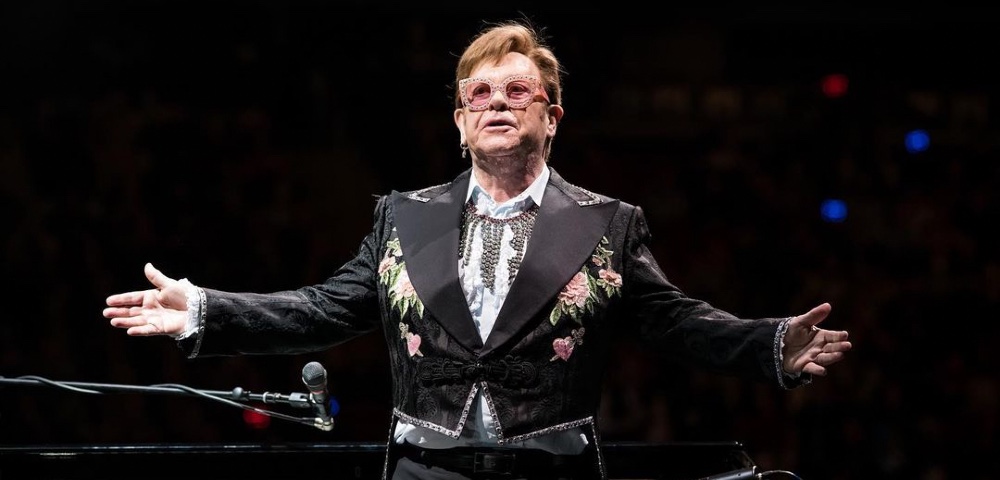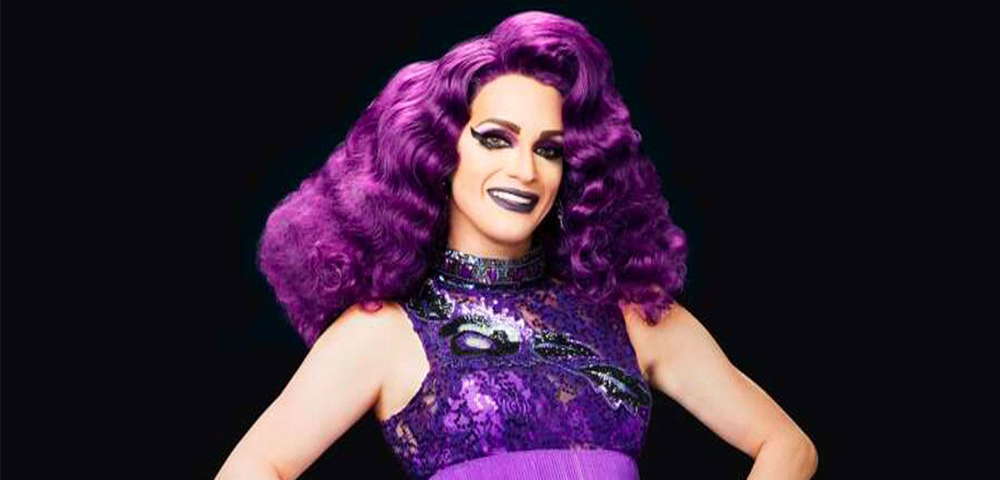
‘Timid And Half-Hearted Representation’ Of Queer Romance In Alexander: The Making of a God

By Ben Ormerod
The Alexander The Great docu-drama, Alexander: The Making of a God has dominated Netflix’s top 10 charts in the first weeks of its release and, controversially, the first episode leaves the viewer believing they are finally going to be shown a truly Queer Alexander. The series relies heavily upon notable Queer Alexander historian Lloyd Llewellyn-Jones as a talking head throughout, and Alexander (Buck Braithwaite) himself is introduced to the audience through homoerotically intimate scenes with his lover Hephaestion (Will Stevens).
Any Potential Queer Alexander Narrative Vanishes Quickly
This promising start is misleading as any potential Queer Alexander narrative vanishes quickly. The audience is told that Queer love was an accepted part of ancient Greek life, and then this potentially-ratings damaging detail is just as quickly rushed backstage so the show can get back to the classic tropes of modern depiction of Alexander: the conquering, the battles, the violence.
Hephaestion remains in the narrative as one of Alexander’s close “friends”, but after the promising first episode, their relationship is largely limited to the occasional lustful glance in-between battle re-enactments. Those determined viewers who hold out until the final episode of the season are rewarded for their patience with a solitary kiss.
An Exercise In Fence-Sitting
Frustratingly however, Netflix’s conservative approach to the relationship between Alexander and Hephaestion does not translate into concern over showing the straight romance between Alexander’s antagonist Darius III (Mido Hamada) and his wife Stateira (Agni Scott). Or depicting the far more historically dubious affair between Alexander and Stateira.
Netflix’s Alexander ultimately appears to be an exercise in fence-sitting, unwilling to annoy either side on the discussion of Alexander’s sexuality (more than 40% of the reviews on IMDB at the time of writing are one star and reviewers leave little doubt why).
Seeing as any concession to historical consensus that Alexander had relationships with men would likely provoke this hostile reaction, I fail to see why Netflix adopted such a timid and half-hearted representation of what could have been a compelling historical Queer romance.
Despite its lack of commitment to depicting a Queer Alexander narrative, the show is a clear and entertaining depiction of a fascinating period of history. The experts brought in bring the period to life alongside some amazing work by the costume and set departments. The dialogue can be clunky at points, but at its best the characters feel authentic and relatable.
Performances by Dino Kelly as Alexander’s friend and general Ptolemy and the early appearance by Kosha Engler as his mother Olympias stand out from a strong troop of actors in spite of the script. For those who are looking for the standard elements of an Alexander narrative, conquest, battles, and violence, this docu-drama brings it all to life and presents it in a clear and entertaining way. Those waiting for a quality depiction of a Queer Alexander will unfortunately have to keep waiting.
Ben Ormerod is a postgraduate student at University of Sydney studying the reception of Alexander the Great.









